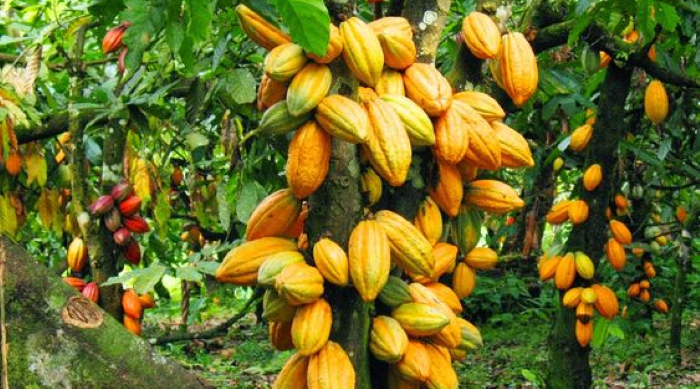(3 Minutes Read)
Nigeria’s non-oil exports rose significantly in the first quarter of 2025, reaching a total value of USD 1.791 billion, according to data released by the Nigeria Export Promotion Council (NEPC). This marks a notable 24.75% increase compared to the same period in 2024, when the country recorded USD 1.435 billion in non-oil exports. The growth is a strong indicator of Nigeria’s accelerating efforts to diversify its economy and reduce dependence on crude oil revenues.
One of the most significant developments contributing to this growth is the expansion in the variety of products exported. In Q1 2025, Nigeria exported 197 distinct products, up from 162 in the same period the previous year. This diversification reflects improvements in local production capacity and increasing global competitiveness of Nigerian goods.
Among the top-performing products, cocoa and its derivatives maintained a dominant position, underlining the continued importance of agricultural commodities in Nigeria’s export portfolio. Cocoa exports were followed closely by urea (a key fertiliser component), cashew nuts, and gold, each of which contributed significantly to export revenues.
The broadening of the export base not only helps mitigate the risks of over-reliance on any single commodity but also showcases the potential of Nigeria’s agricultural and mineral resources to drive economic growth.
In addition to the increase in the variety and value of exported goods, the volume of exports also rose substantially, indicating that the growth is not merely price-driven but reflects real expansion in production and international demand. The increased shipment capacity and improved logistics infrastructure may also have played a role in this development.
The NEPC highlighted that exports to ECOWAS (Economic Community of West African States) countries experienced substantial growth, reinforcing regional trade integration and Nigeria’s influence in West African markets. This regional focus is a strategic component of the national export strategy, as ECOWAS countries provide a readily accessible market for Nigerian goods.
Read Also:
https://trendsnafrica.com/non-oil-exports-crucial-for-nigerias-growth-says-minister/
The NEPC’s performance aligns with President Bola Tinubu’s economic agenda, which emphasises the diversification of Nigeria’s economy through industrialisation, agricultural development, and expanded non-oil exports. Under the administration’s guidance, initiatives such as export financing support, capacity building for SMEs, and trade facilitation reforms have gained momentum.
Analysts view this export growth as a positive sign for Nigeria’s broader economic objectives. If sustained, it could contribute to foreign exchange stability, job creation, and a more resilient economy, less susceptible to global oil price shocks. The government and NEPC are expected to continue pushing reforms and incentives aimed at enhancing export competitiveness in subsequent quarters.





